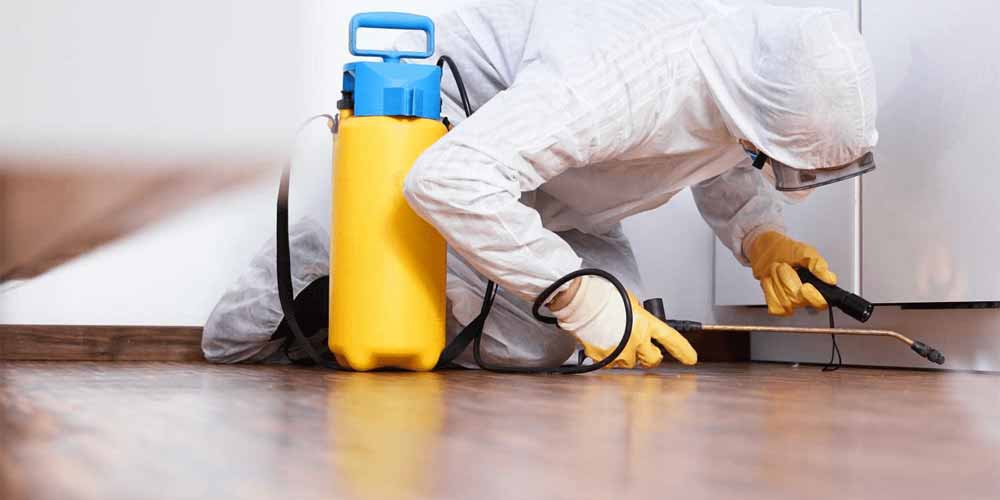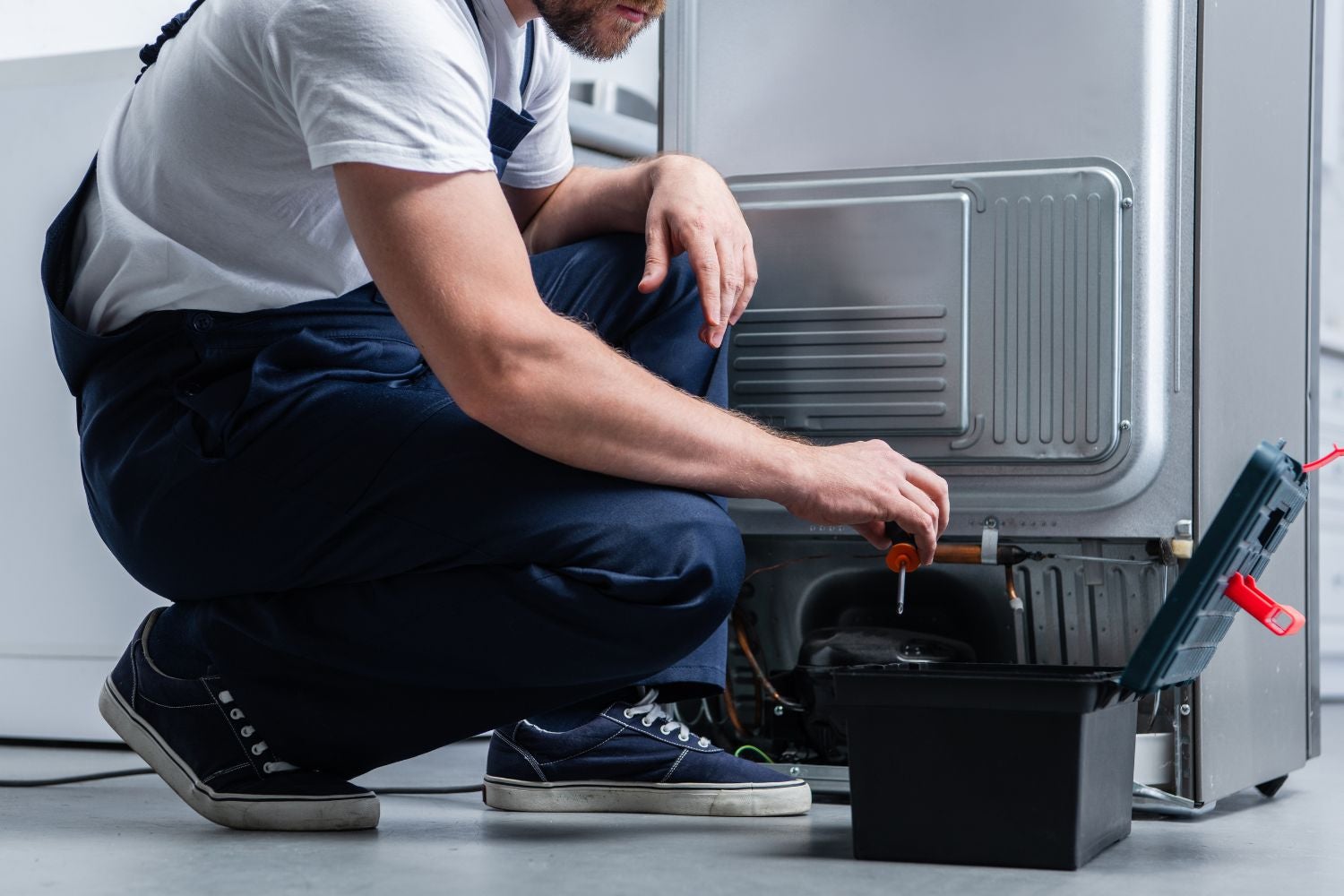As a homeowner, there is nothing worse than having unwanted pests invade your home. Not only are pests a nuisance, but they can also pose serious health risks to you and your family. In this article, we will discuss effective strategies to keep your home pest-free and provide tips on how to prevent and control common household pests. click here
Understanding Common Household Pests
Before we delve into pest control strategies, it’s important to understand the types of pests that commonly infest residential homes. Some of the most common household pests include:
- Ants
- Bed bugs
- Cockroaches
- Fleas
- Mice and rats
- Spiders
- Termites
Preventative Measures
Preventing pests from entering your home is the best way to avoid an infestation. Here are some preventative measures you can take to keep your home pest-free:
- Keep your kitchen clean wiping down counters and floors and storing food in airtight containers.
- Seal cracks and gaps around doors, windows, and the foundation of your home.
- Repair any leaky pipes or faucets to eliminate moisture which attracts pests.
- Store firewood at least 20 feet away from your home and keep it elevated.
- Remove any clutter from your yard and trim back trees and shrubs to eliminate hiding places for pests.
Natural Pest Control
Many people prefer to use natural methods to control pests instead of harsh chemicals. Here are some natural pest control methods to try:
- Use vinegar or citrus to clean surfaces and repel ants and other insects.
- Plant herbs such as mint, lavender, and rosemary to repel insects.
- Use diatomaceous earth to kill bed bugs and other insects. This natural powder is harmless to humans and pets but kills insects drying them out.
- Place sticky traps in areas where pests are likely to be found.
Chemical Pest Control
While natural pest control methods can be effective, sometimes harsh chemicals are necessary to eliminate an infestation. When using chemical pest control methods, it’s important to follow the manufacturer’s instructions carefully and take the necessary precautions to protect yourself, your family, and your pets. Here are some common chemical pest control methods:
- Insecticides: These are chemicals that kill insects. They come in a variety of forms including sprays, dusts, and baits.
- Rodenticides: These are chemicals that kill rodents such as mice and rats. They come in the form of baits and traps.
- Fumigation: This is a process where a fumigant gas is used to eliminate pests in an enclosed space.
When to Call in a Professional
While preventative measures and DIY pest control methods can be effective, sometimes it’s necessary to call in a professional pest control company. Here are some signs that you may need to call in a professional:
- You have a large infestation of pests that you cannot control on your own.
- You are experiencing health problems due to a pest infestation.
- You are unable to identify the type of pest or the extent of the infestation.
Conclusion
By taking preventative measures and utilizing natural and chemical pest control methods, you can keep your home pest-free. Remember, if you are unable to control a pest infestation on your own, don’t hesitate to call in a professional pest control company.
FAQs
- What are some common household pests?
- Ants, bed bugs, cockroaches, fleas, mice and rats, spiders, and termites are all common household pests.
- What are some preventative measures for pest control?
- Keeping your home clean, sealing cracks and gaps, eliminating moisture, and removing clutter Certainly, I would be happy to write more on the topic of residential pest control.
- What are some natural pest control methods?
- Some natural pest control methods include using vinegar or citrus to clean surfaces and repel ants and other insects, planting herbs such as mint, lavender, and rosemary to repel insects, using diatomaceous earth to kill bed bugs and other insects, and placing sticky traps in areas where pests are likely to be found.
- How often should I clean my home to prevent pests?
- It’s important to keep your home clean and tidy to prevent pests from entering and establishing a home. This includes wiping down surfaces, sweeping or vacuuming floors, and taking out the trash regularly. The frequency of cleaning will depend on your lifestyle and habits, but a general rule of thumb is to clean at least once a week.
- How do I know if I have a pest infestation?
- Some signs of a pest infestation include droppings, chew marks, strange smells, and the presence of live or dead pests. If you suspect you have a pest infestation, it’s important to take action immediately to prevent the infestation from getting worse.
- Can pests cause health problems?
- Yes, pests can cause a variety of health problems including allergies, asthma, and the spread of disease. It’s important to take preventative measures and control pests in your home to protect your health and the health of your family.
- What should I do if I find pests in my home?
- If you find pests in your home, the first step is to identify the type of pest and the extent of the infestation. From there, you can take action to eliminate the pests using natural or chemical methods. If the infestation is severe or you are unable to control it on your own, it’s important to call in a professional pest control company for assistance.
I hope this additional information on residential pest control is helpful and informative. Remember, taking preventative measures and identifying and addressing pest infestations early can help keep your home pest-free and your family healthy and safe.




